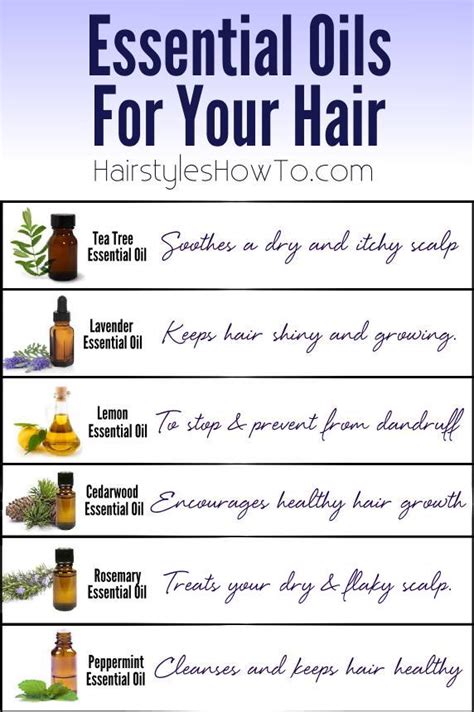Introduction

Mineral oil, a colorless, odorless liquid derived from petroleum, has been used in various beauty and hair care products for centuries. Due to its occlusive properties, it creates a protective layer on the hair shaft, preventing moisture loss and enhancing shine. However, due to concerns about its safety and potential to clog hair follicles, mineral oil has become a controversial ingredient in hair care.
Understanding Mineral Oil
Mineral oil is not naturally found in plants or animals. It is a highly refined byproduct of the petroleum industry, consisting primarily of hydrocarbons. These hydrocarbons are chemically inert and do not interact with the hair’s natural structure.
Benefits of Mineral Oil for Hair
1. Moisture Retention:
Mineral oil is highly occlusive, meaning it forms a protective barrier on the hair shaft, preventing water evaporation and keeping it hydrated.
2. Enhanced Shine:
By smoothing out the hair cuticles, mineral oil creates a glossy appearance, making hair look healthier and more vibrant.
3. Heat Protection:
Mineral oil can act as a heat protectant, shielding hair from the damaging effects of heat styling tools such as blow dryers and flat irons.
4. Reduced Frizz:
Mineral oil’s occlusive nature helps control frizz by sealing in moisture and preventing flyaways.
Concerns Regarding Mineral Oil
1. Clogged Hair Follicles:
Mineral oil’s thick consistency can clog hair follicles, hindering the growth of new hair and potentially leading to hair loss.
2. Skin Irritation:
Some individuals may experience skin irritation or allergic reactions to mineral oil, particularly those with sensitive skin.
3. Safety Concerns:
The International Agency for Research on Cancer (IARC) classifies mineral oils as “Group 2B” carcinogens, meaning they are possibly carcinogenic to humans.
Tips for Safe and Effective Use
To minimize the potential risks associated with mineral oil, follow these tips:
1. Use Sparingly:
Use mineral oil in moderation, focusing on the ends of your hair where it is most prone to dryness.
2. Avoid Contact with Scalp:
Apply mineral oil to your hair but avoid direct contact with the scalp to prevent follicle clogging.
3. Consider Alternative Oils:
If you have concerns about mineral oil, consider using natural oils with similar benefits, such as argan oil, coconut oil, or jojoba oil.
4. Wash Your Hair Regularly:
Regular hair washing helps remove any residue left behind by mineral oil, reducing the risk of follicle clogging.
5. Discontinue Use if Irritation Occurs:
If you experience any skin irritation or other adverse reactions, discontinue the use of mineral oil immediately.
6. Consult a Dermatologist:
If you have concerns or sensitive skin, consult a dermatologist for personalized advice on using mineral oil.
7. Look for Products with Reputable Certifications:
Use mineral oil products that have been tested and certified by reputable organizations, such as the Environmental Working Group (EWG).
Table 1: Pros and Cons of Mineral Oil for Hair
| Pros | Cons |
|---|---|
| Moisture retention | Clogged hair follicles |
| Enhanced shine | Skin irritation |
| Heat protection | Safety concerns |
| Reduced frizz |
Table 2: Natural Alternatives to Mineral Oil
| Oil | Benefits |
|---|---|
| Argan oil | Rich in antioxidants, nourishes and protects hair |
| Coconut oil | Moisturizes and strengthens hair |
| Jojoba oil | Mimics hair’s natural sebum, preventing dryness |
| Olive oil | Nourishes and protects hair |
Table 3: Step-by-Step Guide to Using Mineral Oil for Hair
- Apply a small amount of mineral oil to the ends of your hair, avoiding the scalp.
- Massage the oil gently into the hair, distributing it evenly.
- Leave the oil in for at least 30 minutes, or overnight for deeper conditioning.
- Wash your hair thoroughly with shampoo and conditioner.
Table 4: FAQs About Mineral Oil for Hair
| Question | Answer |
|---|---|
| Is mineral oil safe for hair? | Yes, when used sparingly and correctly. |
| How often can I use mineral oil on my hair? | Once or twice a week is sufficient. |
| Can I use mineral oil to treat scalp problems? | No, mineral oil can make scalp problems worse. |
| What hair types benefit most from mineral oil? | Dry and damaged hair benefits the most. |
| Is mineral oil effective for hair growth? | No, mineral oil does not promote hair growth. |
Conclusion
Mineral oil can be a beneficial addition to your hair care routine when used correctly and sparingly. By understanding its benefits and limitations, you can harness its abilities to enhance hair health and appearance. Remember to consult a dermatologist if you have any concerns or sensitive scalp.
